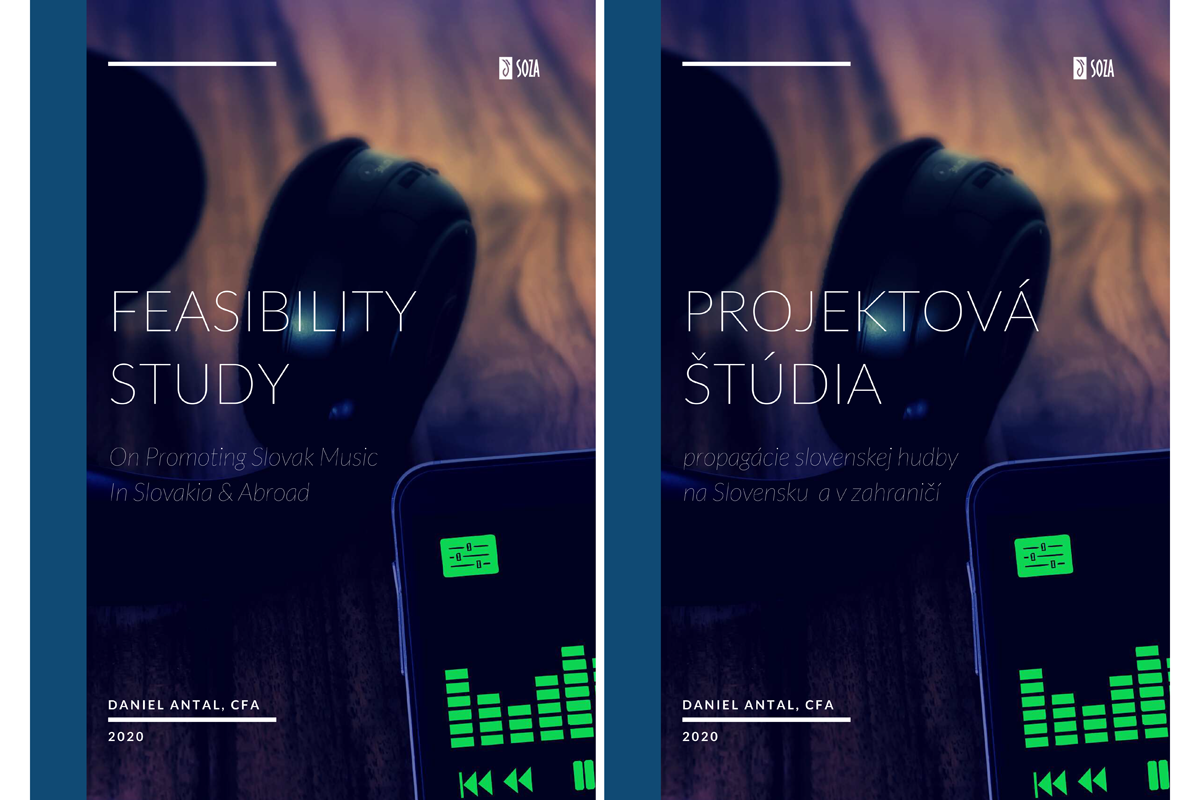New Indicators for Royalty Pricing and Music Antitrust
Introducting Our Data Curators
As Chief Legal Counsel in a music organization, what type of data do you usually use in your work and/or projects?
I work with copyright in artistic works, which is a decentralized system by nature. Unfortunately, works do not have a central registry in Europe. Protection takes place “ipso iure”, and there are various licensing solutions and actors. Although a lot of the data exists, it is not collected, stored or analyzed in a unified way.
For my daily tasks, however, data would be needed for setting the price of the different licenses and, or identifying the works that were used, exploited, to properly manage the payouts to the rights holders. Price-setting should be based on revenues arising from these exploitation of works. It must take into consideration the income structure of any industry using protected material. And often these requirements are very special, like in the case of the telecom sector as a user of work, and the different business models applied in on-demand services, just to mention the most difficult aspects of my work. Because of the trade secrets and business confidentiality requirements, often it is only possible to have a top-down view of industry data and have insights into trends, but not into the details.
The other area I work with is the identification of content, e.g. music and various types of audiovisual content with regard to the music included.
In an ideal data world, what would be the ultimate dataset or datasets that you would like to see in the Digital Music Observatory?
Sometimes data is available for the US or Western European countries but not for the Central and Eastern European region and I suppose even less in countries that are not members of the European Union. Another concern is that analysis is more available for valuable mass repertoires than the small language niche ones – this is a real problem in the CEE region. As this addresses several cultural diversity and competition issues, I would like to help the creation of datasets that address these aspects, allow comparisons and factual identification of market problems or failures.

What type of data breakthrough do you see being a game changer for researchers and/or policymakers in your field of work?
I think a data breakthrough is just happening and following the recent evolution of data science, new and fascinating approaches are appearing. I believe that this is a great field to show human creativity matched with computing capacity and technology. From a practical and business point of view, it would be a real breakthrough if the proprietary data use of those multinational ‘big tech’ online services that reshape the world not only in the cultural industries of film and music, but also politics and freedom of speech, would be open for scrutiny and analysis by various independent actors.

I particularly find the trustworthy AI element of the data observatory, i.e. the analysis of recommendation system and other autonomous system data to understand potential negative (and positive) outcomes the most prospective part of the Digital Music Observatory.

Join us
Join our open collaboration Music Data Observatory team as a data curator, developer or business developer. More interested in antitrust, innovation policy or economic impact analysis? Try our Economy Data Observatory team! Or your interest lies more in climate change, mitigation or climate action? Check out our Green Deal Data Observatory team!
